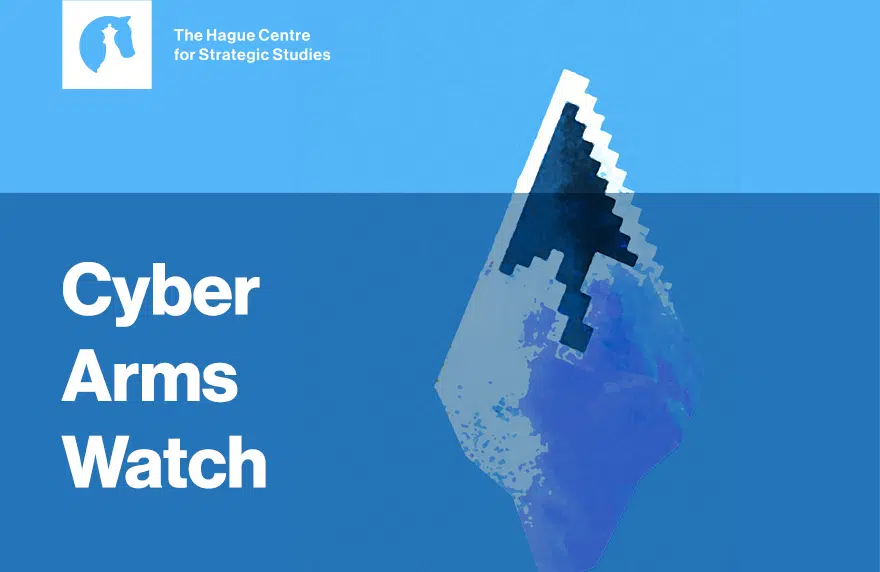“The Resource Governance Index (RGI) measures the quality of governance in the oil, gas and mining sector of 58 countries. These nations produce 85 percent of the world’s petroleum, 90 percent of diamonds and 80 percent of copper, generating trillions of dollars in annual profits. The future of these countries depends on how well they manage their oil, gas and minerals.
The RGI scores and ranks the countries, relying on a detailed questionnaire completed by researchers with expertise in the extractive industries. The Index assesses the quality of four key governance components: Institutional and Legal Setting; Reporting Practices; Safeguards and Quality Controls; and Enabling Environment. It also includes information on three special mechanisms used commonly to govern oil, gas and minerals—state-owned companies, natural resource funds and subnational revenue transfers.
The Index finds that only 11 of the countries—less than 20 percent—have satisfactory standards of transparency and accountability. In the rest, the public lacks fundamental information about the oil, gas and mining sector. Even countries with generally satisfactory standards exhibit weaknesses in some dimensions. There is a major governance deficit in natural resources around the world, and the deficit is largest in the most resource dependent countries, where nearly half a billion people live in poverty despite that resource wealth. Fortunately, some countries, including several emerging economies, show that satisfactory performance in resource governance is possible.
As a way forward, the Revenue Watch Institute calls on governments to:
• Disclose contracts signed with extractive companies.
• Ensure that regulatory agencies publish timely, comprehensive reports on their operations, including detailed revenue and project information.
• Extend transparency and accountability standards to state-owned companies and natural resource funds.
• Make a concerted effort to control corruption, improve the rule of law and guarantee respect for civil and political rights, including a free press.
• Accelerate the adoption of international reporting standards for governments and companies”.
To see the full report and the database click here

